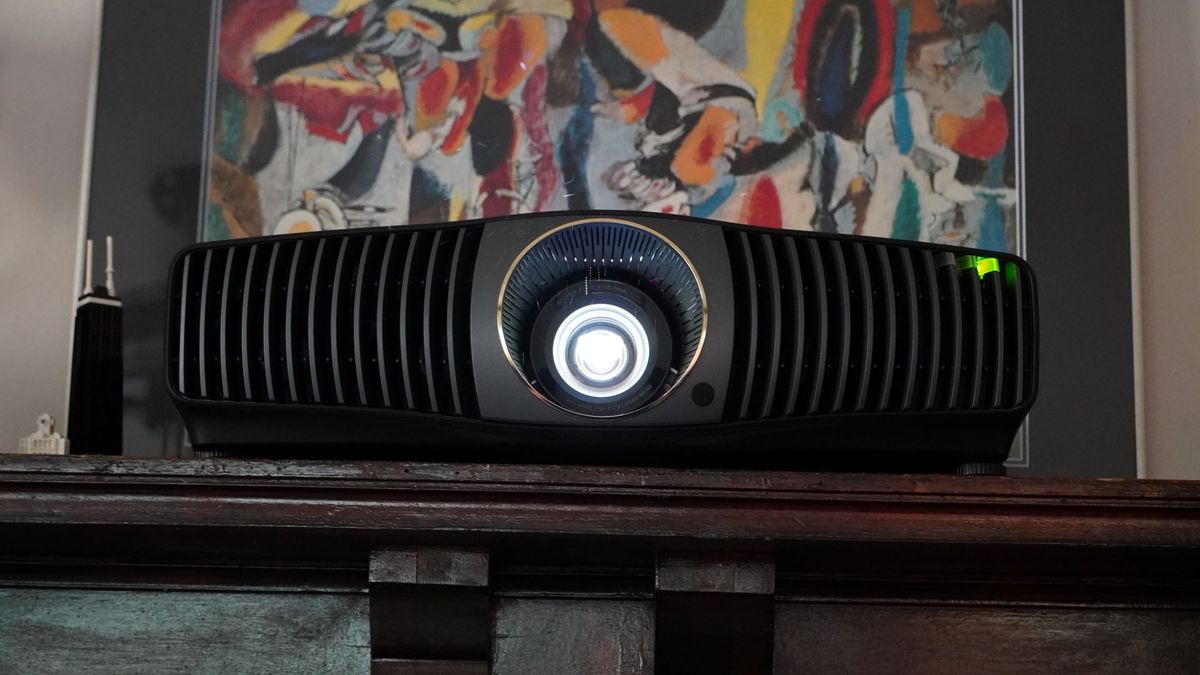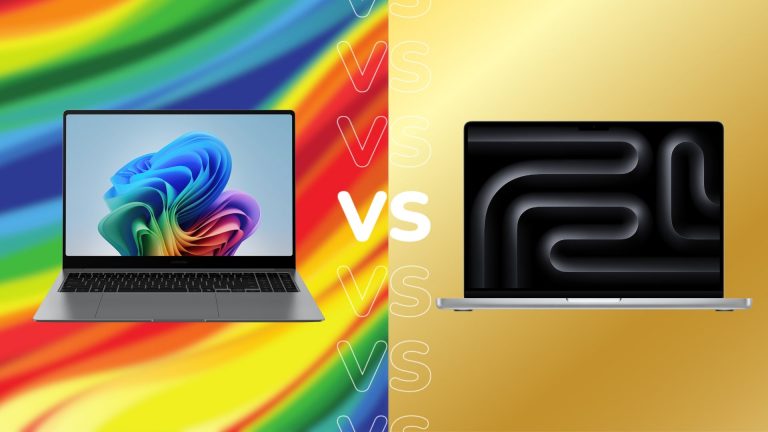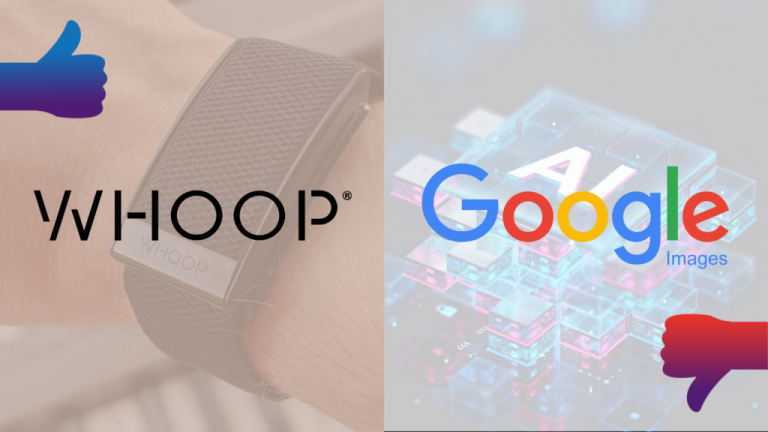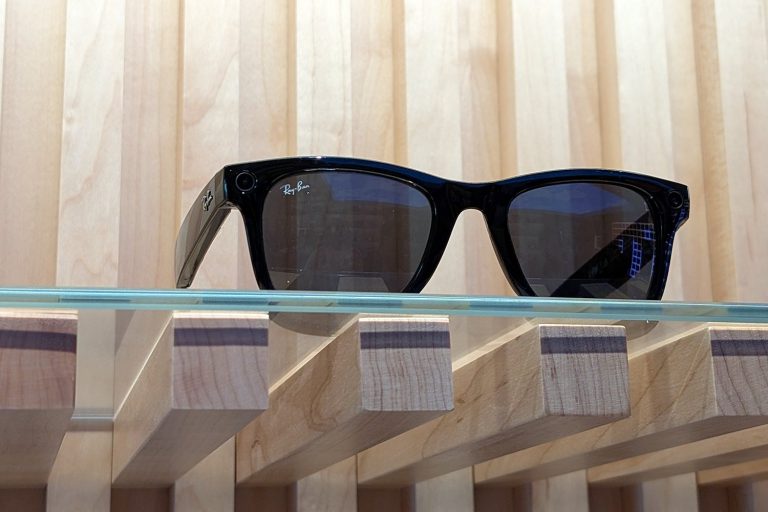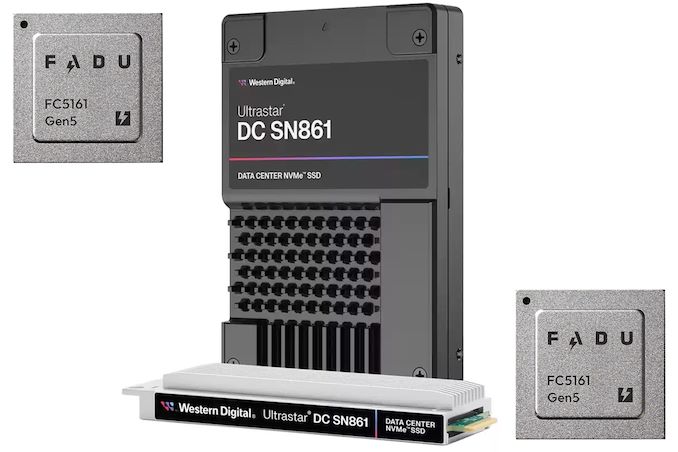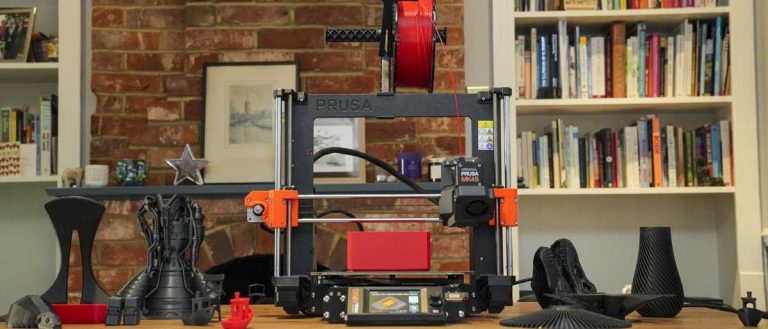BenQ W5800 projector review: price and release date
Release date: May 2024 MSRP: $5,999 (£4,599 / AU$8999)
The BenQ W5800 was launched in May 2024 at a starting price of $5,999 (£4,599 / AU$8999). Given the W5800’s premium status and relative newness, it’s unlikely to see major price changes anytime soon.
BenQ’s W5800 supports the HDR10+ high dynamic range format (Image credit: Future)
BenQ W5800 projector review: Specs
Swipe to scroll horizontally
Screen sizes supported:
up to 200 inches
Brightness (specified):
2,600 lumens
HDR support:
HDR10+, HDR10, HLG
Display technology:
Laser, DLP
Smart TV:
N/A
Connections:
2x HDMI, S/PDIF, 2x USB-A, 3D Sync out, LAN 100Mbps, USB-B (Service port), RS232
Dimensions:
20.7 x 5.7 x 15.4 inches
Weight:
23.1 pounds
Input connections include two HDMI ports (one with eARC) (Image credit: Future)
BenQ W5800 projector review: design and features
Sizable, with a stylish design Lacks built-in sound and streaming Motorized zoom, focus and offset
The BenQ W5800 immediately lets you know it means business. It’s a large, regal projector, nearly every bit as large as the Epson Pro Cinema LS12000 , with a symmetrical design and a massive lens sitting at the center. This is flanked by loads of air intakes and ventilation slots that occupy much of the surface area. The benefit here is that the projector’s cooling fans are low-pitched and practically inaudible from even just a couple of feet away.
Around back, the projector features a small handful of ports. For many, the two HDMI ports, one of which supports eARC, and the S/PDIF audio output will be doing most of the work. Two USB-A ports can power streaming devices, and there are LAN and RS-232 ports for more specialized setups. The projector’s 3D Sync Out port may come in handy, too, as it supports a variety of 3D formats.
For many, the W5800’s HDR support will be most crucial. You get the basic HDR10 and HLG, but BenQ also steps up with HDR10+ support. Dolby Vision isn’t supported, unfortunately.
The projector has some handy hardware for setup, with motorized control over zoom, focus, and horizontal and vertical offset. This allows you to shift the projection to perfectly fit your space, which is incredibly convenient. Keystone adjustments are digital, but they are thankfully less necessary because of the adjustable offset. All adjustments can be made with the included remote, which has a backlit keypad and convenient shortcuts to many settings in the projector’s menus. Several controls are also available directly on the projector.
Even with its conveniences, the BenQ W5800 lacks many that other popular projectors offer. There’s no smart TV operating system, so you’ll have to source media from a separate device, and there are no built-in speakers. The W5800 is not the complete solution that something like the BenQ X3100i is, and that can make it a tricky proposition for many more casual users.
Design and features score: 3.5/5
With 100% DCI-P3 coverage, images on the W5800 have rich, detailed color (Image credit: Future)
BenQ W5800 projector review: picture quality
Specified 100% DCI-P3 coverage, 2600 ANSI lumens brightness Highly adjustable 4K picture Excellent, natural motion processing
The BenQ W5800 is an excellent projector for home theater. It shines big and bright and readily adapts to a great many installation situations. It provides impressive color, though the occasional rainbow effect – a common artifact of the projector’s DLP imaging tech – can mar the viewing experience for those sensitive to it.
At the heart of the BenQ W5800 is a laser light source shining through a 0.47-inch DLP micromirror array, and this is responsible for the sharp, 4K visuals and 2600 ANSI lumens brightness. BenQ rates the projector for a full 100% coverage of the DCI-P3 color space, and I’ve seen little lack of color to make me doubt the rating. Animated programs like X-Men ‘97 benefit greatly from the wide color gamut, appearing thoroughly vibrant, but the same applies to just about any content.
Between its color and sharp 4K picture, the BenQ W5800 has a lot to work with, and it’s bright enough to look good in well-lit rooms and excel in dark ones. Shadows sink to a satisfyingly deep level, and they can maintain that depth alongside bright visuals elsewhere on the screen.
Thanks to the W5800’s hardware controls, it is exceedingly easy to get an image squared up perfectly onscreen with sharp detail from edge to edge. A long-throw projector like the W5800 is less sensitive to small surface imperfections and misalignment than short-throw and ultra-short-throw projectors. I noted a similar level of flexibility with the Epson LS12000, which is a long-throw projector the BenW W5800 competes with.
The BenQ W5800’s full DCI-P3 color space coverage gives it one critical edge over the Epson LS12000, which is rated only for 100% sRGB coverage. Of course, this still leaves room for improvement next to triple-laser projectors like the Hisense PX2-Pro, which is rated for 100% coverage of the even wider BT.2020 color space.
Nevertheless, the BenQ W5800 is a brilliant performer. It handles fast-motion content with aplomb and presents a colorful image that looks plenty vibrant. There are a few ways it could be even better, but it is nonetheless excellent.
Picture quality score: 4.5/5
The BenQ W5800’s fully backlit remote control features shortcut buttons for key picture adjustments (Image credit: Future)
BenQ W5800 projector review: value
Expensive for a projector that does one thing Performance and installation features help justify price
At $5,999 (£4,599 / AU$8999), the BenQ W5800 is expensive for a consumer-grade projector, though it’s less than half the price of the JVC DLA-NZ800 , the premium pick in our best 4K projectors guide. Even so, that’s a lot of money to ask for a projector that only provides a display and nothing else.
The W5800 makes sense for the right audience. Its visuals are brilliant, and its flexible installation features provide a great picture with minimal fuss. Also, with many projectors that do feature built-in speakers and streaming platforms, those features often are just enough to make do, but not equal to their picture.
BenQ’s W5800 sits alongside the exceptional Epson LS12000, which is $1,000 cheaper while offering similar brightness and capabilities, including a 120Hz refresh rate option. If a long-throw projector isn’t a must, the Hisense PX2-Pro ultra short throw model is also a stunning system with admirable speakers and even more brilliant color at half the price. And if you aren’t too picky, you might find something like the $2,399 (around £1,900 / AU$3,690) BenQ X3100i to be more than good enough.
(Image credit: Future)
Swipe to scroll horizontally
BenQ W5800 projector
Attributes
Notes
Rating
Design and features
An attractive, albeit large projector with helpful hardware adjustments, but lacks extra features like speakers and a smart TV platform for streaming
3.5/5
Picture quality
The laser DLP projection system provides colorful, bright, and crisp pictures from edge to edge, though black levels could still be lower
4.5/5
Value
At $6,000, the BenQ W5800 is expensive, even for a single-purpose projector that serves only as a display
3/5
Should I buy the BenQ W5800 projector? Buy it if…
Don’t buy it if…
Also consider…
Swipe to scroll horizontally
Comparison: 4K projectors
Header Cell – Column 0 BenQ W5800
Epson Pro Cinema LS1200
BenQ X3100i
Hisense PX2 Pro
Price:
$5,999
$4,999
$2,199
$2,999
Screen sizes supported:
Up to 200 inches
50 to 130 inches
60 to 200 inches
90 to 130 inches
Brightness (specified):
2,600 lumens
2,700 lumens
3,300 lumens
2,400 lumens
HDR support
HDR10, HDR10+,HLG
HDR10, HLG
HDR10, HLG
Dolby Vision, HDR10, HLG
Display technology:
Laser, DLP
Laser, 3LCD
4LED, DLP
4LED, DLP
Smart TV:
N/A
N/A
Android TV
Android TV
Connections:
2x HDMI (1 with eARC), S/PDIF
2x HDMI 2.1 (1 with eARC), 1 x powered USB, optical digital audio output,
3x HDMI 2.0 (1x eARC, 1x internal), optical digital audio out
3x HDMI 2.0 (1 with eARC), S/PDIF, 3.5mm
(Image credit: Future)
How I tested the BenQ W5800 projector
Tested at home in multiple, real-world viewing conditions Presented with a variety of media and formats I have tested numerous projectors and displays over the last half-decade
I tested the BenQ W5800 at home, in real-world conditions. This saw it faced with ambient light coming in from numerous windows and in-room lighting as well as darkened conditions. The projector was tested both against a bare, white wall and an Akia Screens CineWhite screen
My testing evaluates the projector’s performance with respect to its price and competition from other models that I and my colleagues at TechRadar have tested.
I have been testing projectors since 2021 and displays for even longer.
First reviewed: August 2024
